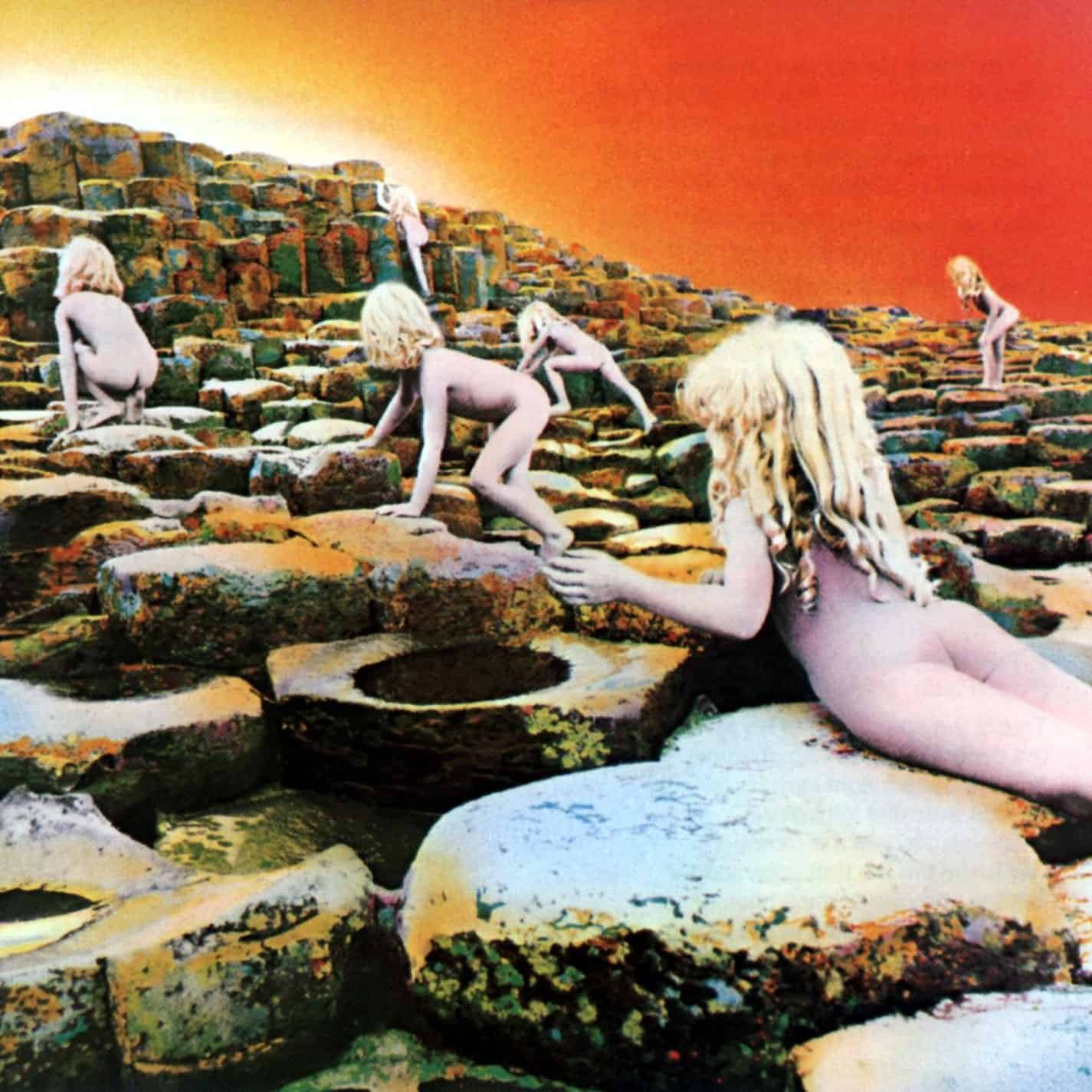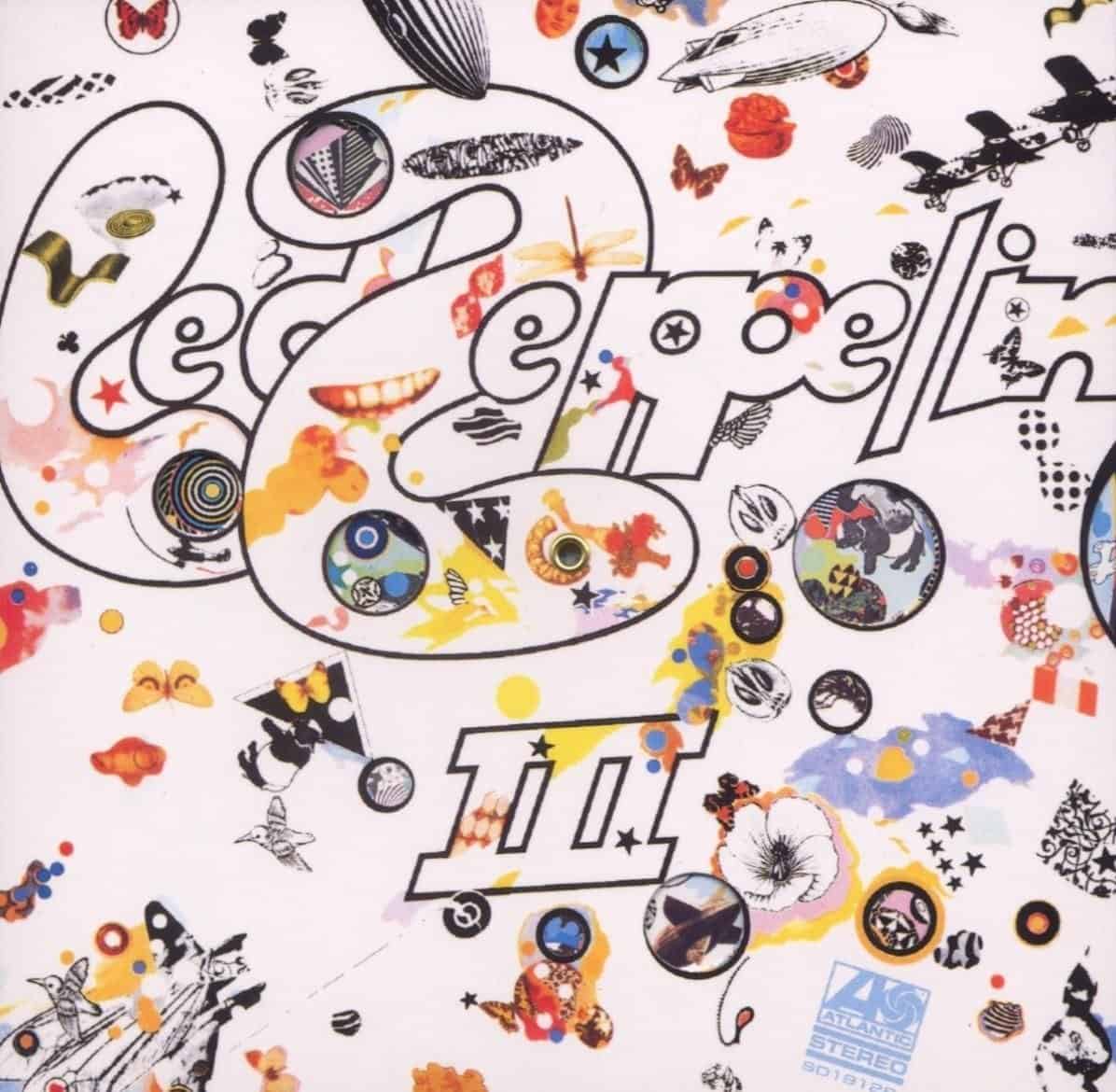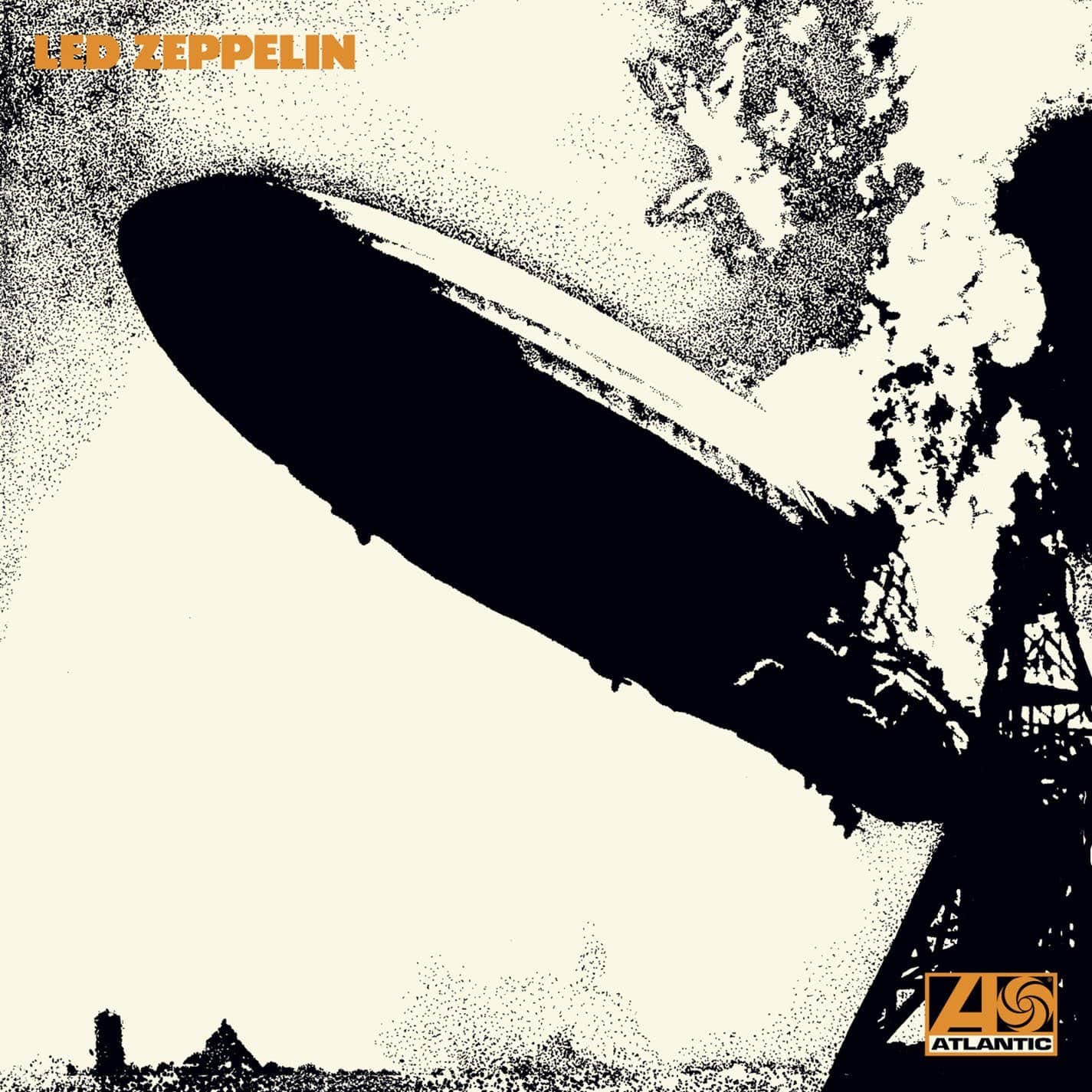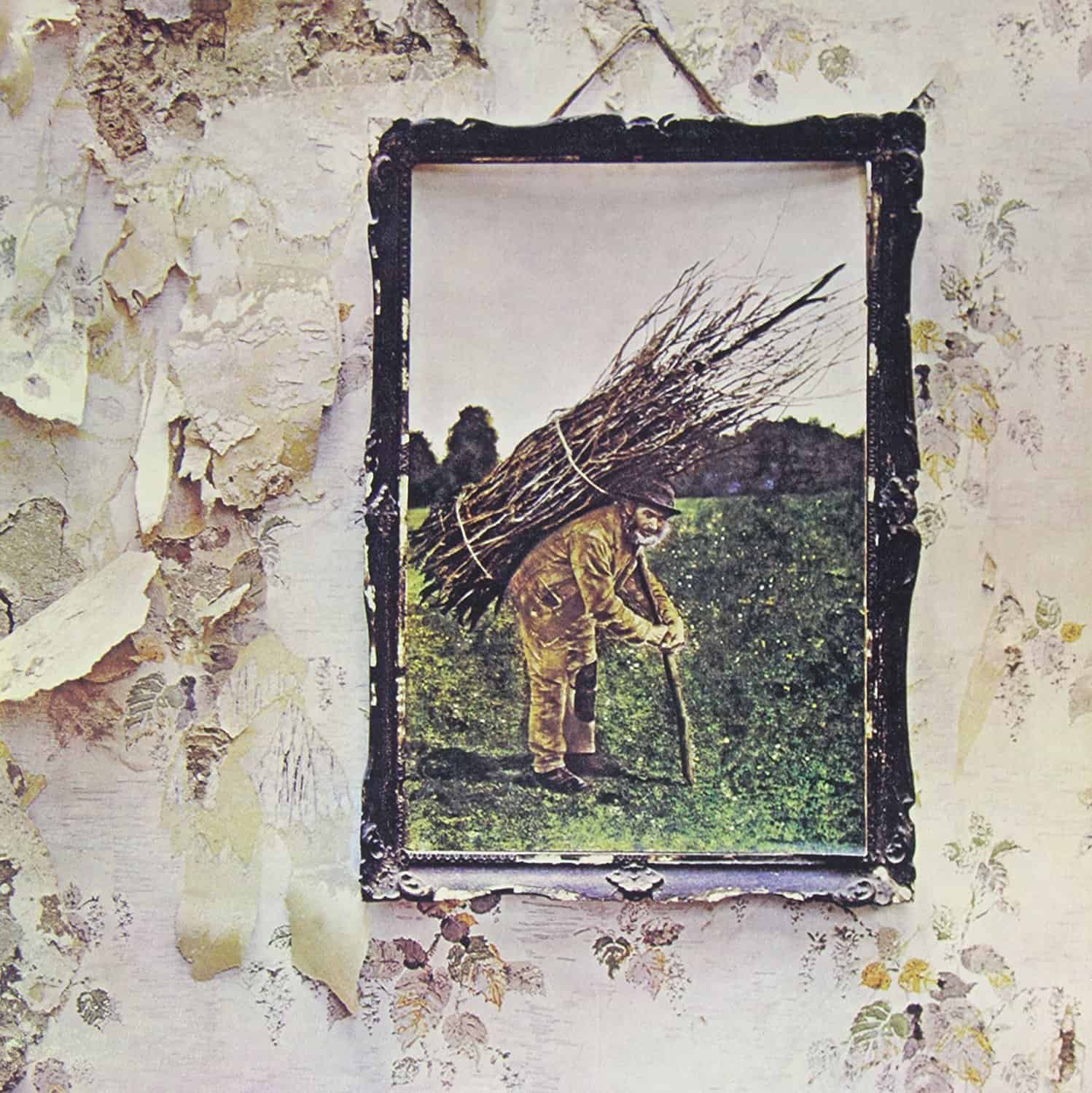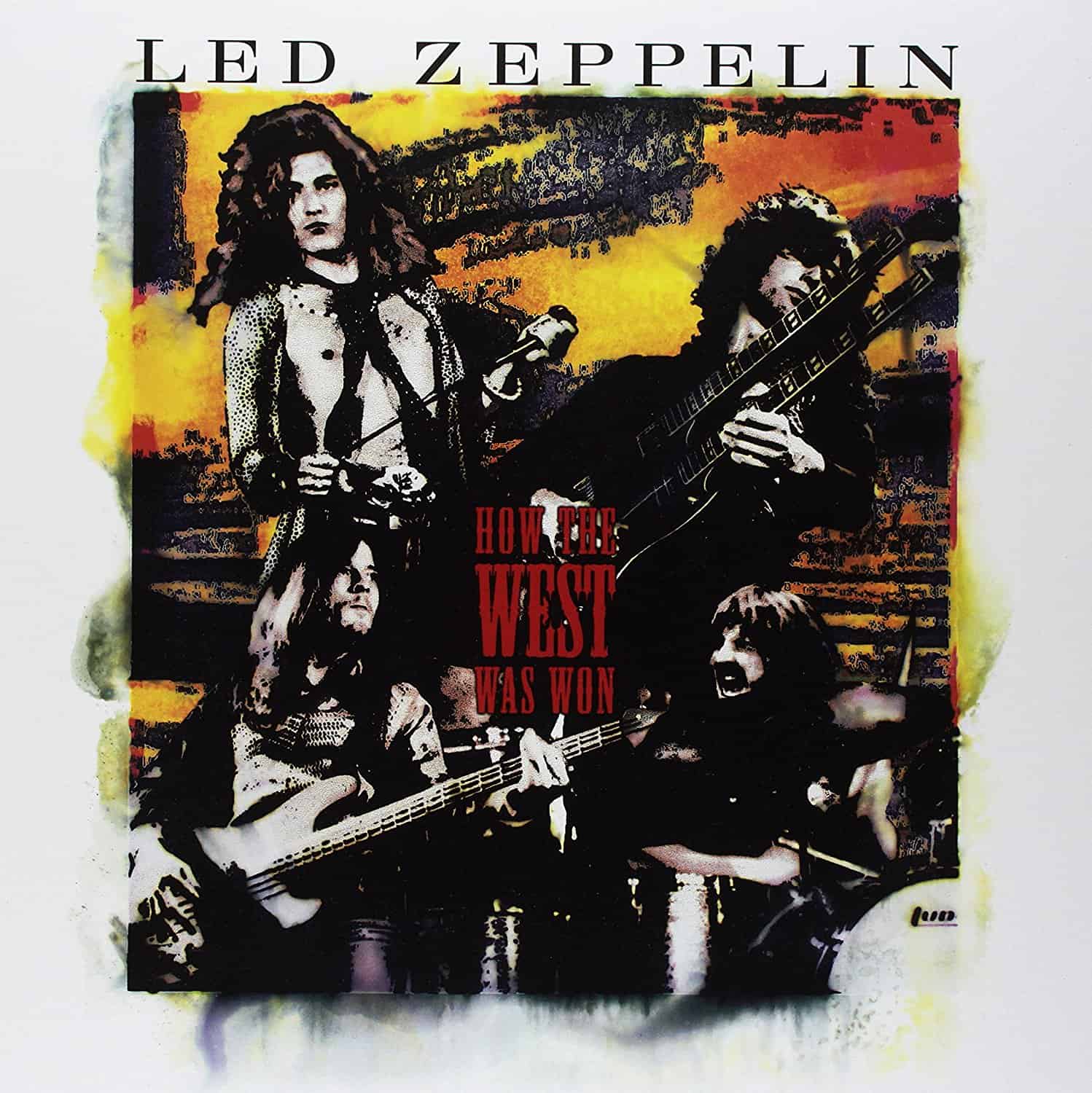Marketplace
2014 Atlantic Records PRESSING
- Catalog Number R1-535225
- Release Year 2014
- Vinyl Mastering Engineer John Davis (Metropolis Mastering)
- Pressing Weight 180g
- Jacket Style Single
When listening to this album I think of this band or music:
Igor Stravinsky’s The Rite of Spring.
I would listen to this album while:
Seeking catharsis from stress.
Music from this album would be a great soundtrack to this movie:
Pride and Prejudice. I imagine Mr. Darcy and Elizabeth Bennet throwing buttoned glances at each other during the dance sequence to “Whole Lotta Love.”
It was 1969 and Led Zeppelin was changing the rules. Sure, the Rolling Stones had covered the blues before, but their early albums shoot a slight, sly sideways wink whereas Led Zeppelin II combines brutal, in-your-face proto-metal instrumental delivery with raunchy lyrics cut and pasted from the best blues singers dating back a generation and two.
While both aspects of the band’s music have since been copied and amplified, at the time, Led Zeppelin’s style seemed the beginning of the end to certain sets of critics and some listeners (like me) “aging out” with a 20th birthday just around the corner. In retrospect, and by the time the quartet’s fourth album rolled around, its sophomore album had won over most hearts and minds—to the point that it now ranks as both a classic rock album and a high-water mark in the group’s career. It served as the basis of all the heavy metal to come, its direct testosterone-fueled style no better exemplified than in Jimmy Page’s guitar riff and Robert Plant’s moans from “Whole Lotta Love.”
Engineer Eddie Kramer recorded the album at several locations in the U.K. and the U.S. while the band was touring. Of all the group’s LPs, Led Zeppelin II varies the most in sound quality in its different iterations. Compared to almost everything else, this Page-mastered reissue sounds compressed and lacks any semblance of dimensionality. Robert Ludwig originally mastered the album in the U.S. Very early American pressings feature the initials “RL” in the deadwax. In response to customer complaints about needles jumping out of the groove, this so-called “loud” version quickly got replaced in the U.S. with a less-dynamic mix.
Pressed at Pallas, Atlantic’s 2014 reissue features a remarkably different sound than the aforementioned “hot” U.S. pressing and exudes a highly compressed dynamic. The increased bass guitar line gains volume at the expense of the delicacy and dimensionality pertaining to practically everything else. Yes, it fares better than a late U.S. pressing and CD versions, but those sound horrid. U.K. originals, with the “plum” label, fetch a fraction of the price of a U.S. “hot” pressing. Such U.K. pressings give up a bit in bass slam but compensate with a delicacy in the upper frequencies and a magical 3D sound that lets you hear into the mix better than any other pressing. A widely available 2000-issued Classic Records version boasts as much bass as the Atlantic reissue and none of the compression. Yet the instrumental interplay is clogged and timbre (especially concerning vocals) feels wrong, like someone hit the wrong slider in remix.
If cost is no object, get the “hot” U.S. pressing and U.K. “plum” version. If you’re on a budget and just want to improve on CD sound, opt for the Atlantic reissue.
Led Zeppelin II

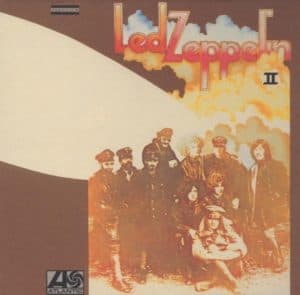
 4.5
4.5
